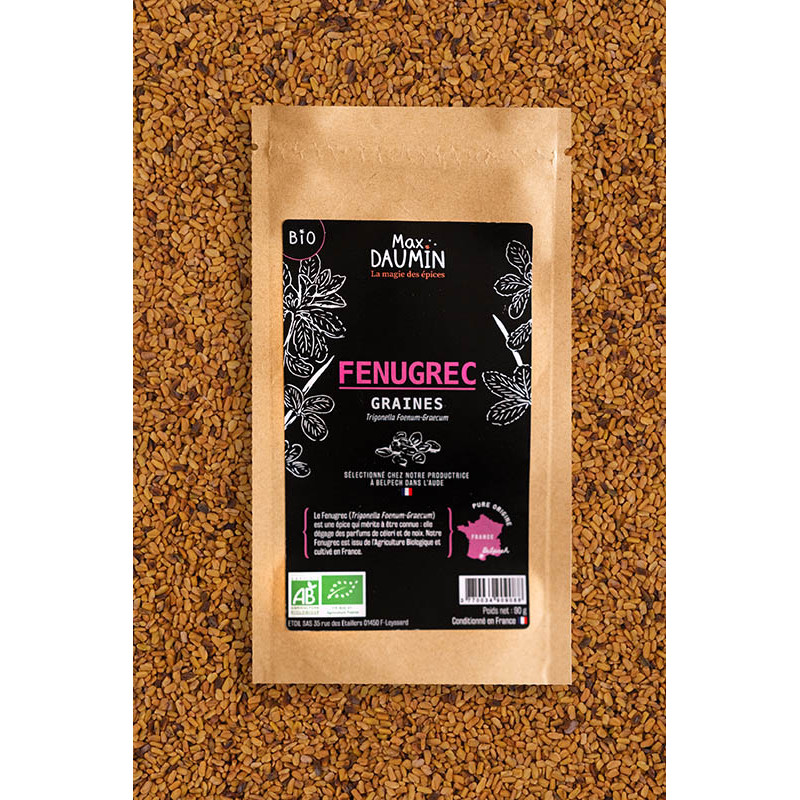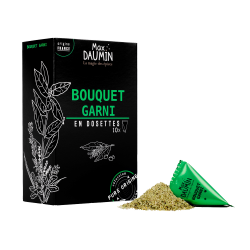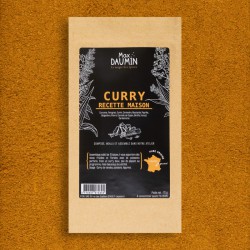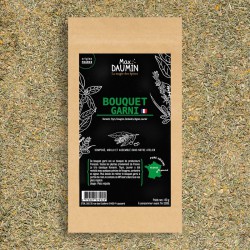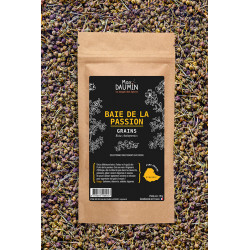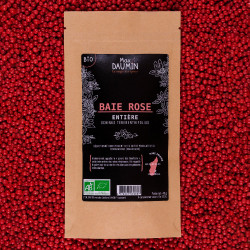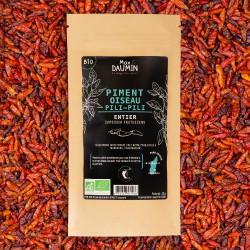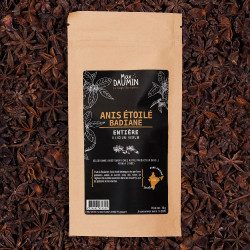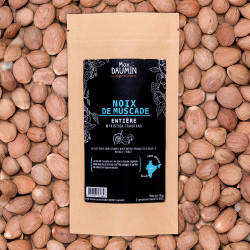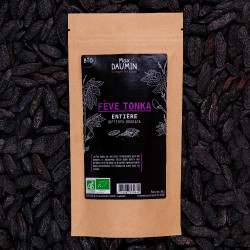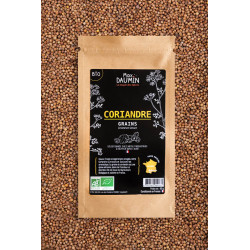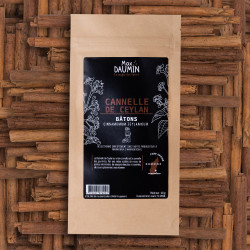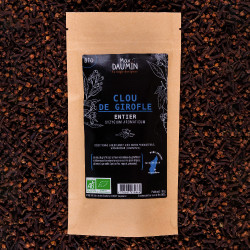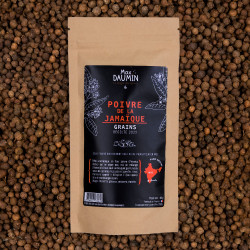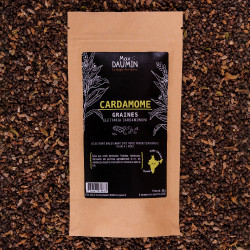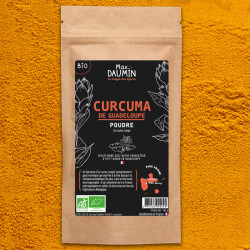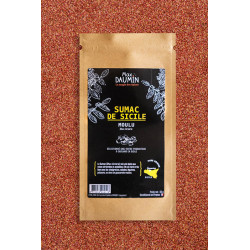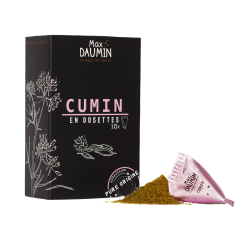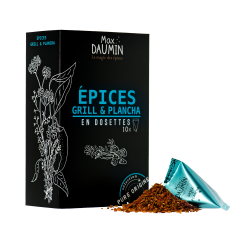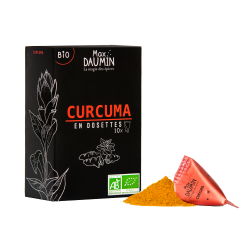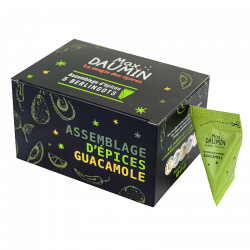Organic Fenugreek from France
Fenugreek is a staple of Indian spice blends. It is often found in curries. The smell differs from the taste: it gives off round, sweet, almost vanilla notes. Taste-wise, it's a spice that brings out notes of celery, light curry and angelica. It can be used to spice up many dishes or as an ingredient in spice blends.
This little-known spice is certainly responsible for the success of our bouquet garni! Fenugreek is used in its composition, giving it clean celery notes.
Our fenugreek comes from the Pays du Garnaguès, in the Aube region. A plant lover, Sabine cultivates this certified organic fenugreek with passion.
-
Net weight : 90g
-
Usage : Meat, Vegetables, Salads
-
Label : Organic Agriculture

-
Conditionnement : Resealable kraft bag

History
Plant & perfume
A member of the Fabaceae family, this legume belongs to the genus Trigonella, which gave fenugreek one of its common names, Trigonella. This name is derived from the angular shape of the seeds (Trigonella comes from Trigonos meaning triangular in Greek).
The etymology of fenugreek means “Greek hay” and bears witness to its use in ancient times as fodder. It is also known as senegrain or happy seed, illustrating the importance attached to the virtues of its seeds.
Fenugreek flowers from mid-June to mid-July. Its flowers are whitish or yellowish. Its leaves come in threes like clover, and its stems can reach up to a metre in height. Its pods, about ten centimetres long, contain twelve to fifteen golden-yellow seeds.
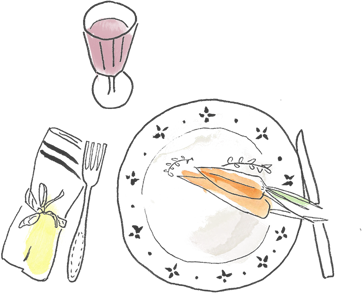


Benefits
Cooking and Virtue
Fenugreek seeds are ground. They add a pronounced aromatic flavour. Fenugreek is ideal for simmered dishes, vegetables and salads.
In addition to its nutritional properties, these mucilaginous seeds were thought to have numerous therapeutic properties: aromatic, emollient, aphrodisiac, tonic and stomachic. With all these virtues, fenugreek was used to make decoctions for chest pains, edema, lice, skin problems, facial blemishes, inflammations, eye bruises, dysentery and colic.

Origins
A long journey
Fenugreek is native to the Maghred (Mediterranean) region. The Egyptians were already cultivating it 4000 years ago. It soon spread throughout the Mediterranean and Asian worlds, under the name “methi”.
Mentioned by Dioscorides, Galen and Pliny, who considered its flour to be the sweetest of all, fenugreek flourished throughout the Mediterranean basin. It is cited in Charlemagne's Capitulary of Villis, which lists the plants recommended for cultivation in royal gardens, and is given pride of place as a useful plant for both humans and non-humans. It is also mentioned in the De Herbis section of the Ortus Sanitatis.
Fenugreek seed is a fundamental spice in India, both in cooking and as a phytotherapy in traditional Ayurvedic medicine. The seed and its powder are also found throughout the Mediterranean basin.


You might also like

11 other products in the same category:

Customers who bought this product also bought:

